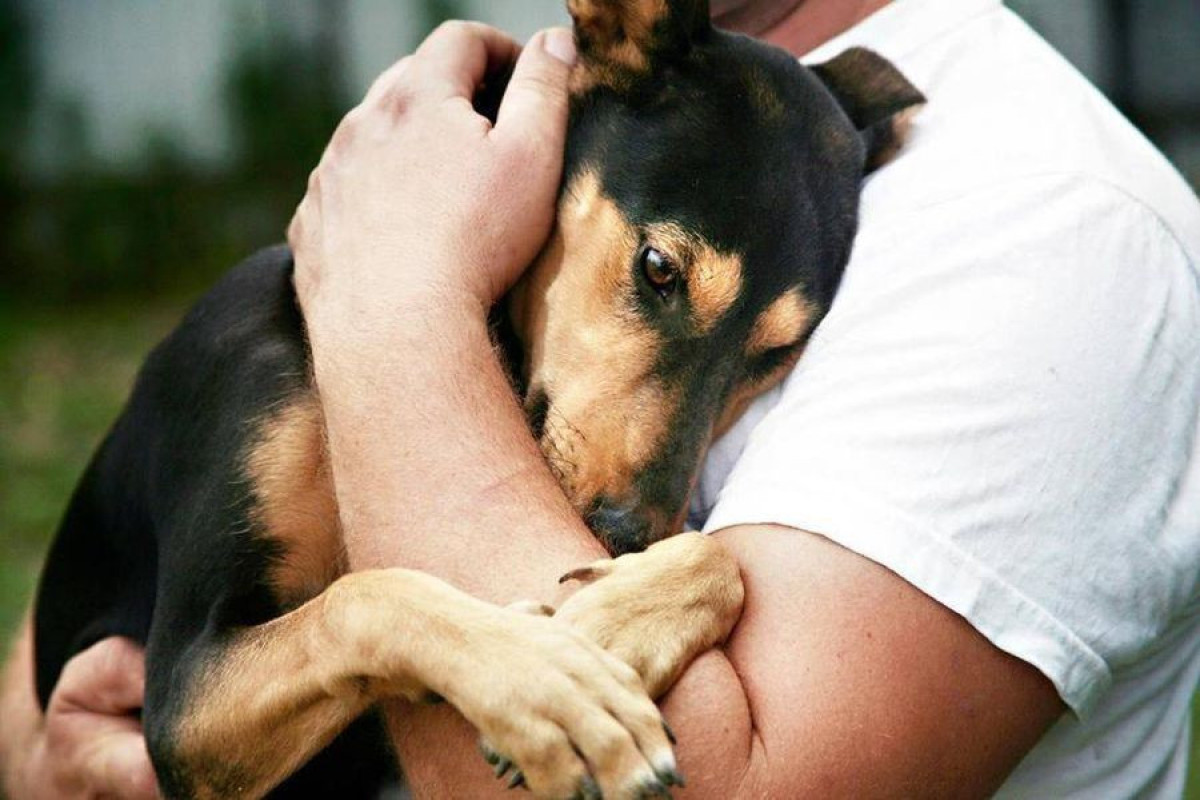The legal changes are now official and establish new obligations: microchipping, sterilisation and monitoring the amount of time cats spend alone at home.
If you live with a cat, 2025 brings a change of script that you should be aware of: the entry into force of the Animal Welfare Law sets penalties of up to €200,000 for those who do not comply. The objective is clear: to curb abandonment, uncontrolled breeding and any form of cat abuse.
Who must microchip and register their cat to avoid serious penalties throughout Spain
The first major change concerns identification. All domestic cats must be microchipped and registered in the official pet registry within their first months of life. Skipping this step is considered a serious offence with fines of up to €50,000. In addition to locating the owner if the animal is lost, the measure seeks to control stray colonies that grow when an unidentified cat reproduces without supervision.
Have you checked if your cat appears in the register? If you can’t find it, it’s time to make an appointment with the vet and regularise the situation before the penalty letter arrives.
The law sets a deadline: the cat’s sixth month of life. Unless it belongs to an authorised breeder, the cat must be neutered before it reaches six months of age. Otherwise, it will be considered a very serious offence and the fine can escalate to €200,000. The legislation targets unwanted litters and the cycle of abandonment they generate; by curbing uncontrolled reproduction, it is hoped that the number of cats ending up in shelters will be drastically reduced.
How long can you leave your cat alone and what penalties do you risk if you breach the new 72-hour limit?
Another new development directly affects holidays. From now on, cats cannot be left alone at home for more than 72 consecutive hours. If you plan to be away for more than that, the law requires you to find someone to look after them. In addition, it is prohibited to keep animals permanently on terraces, balconies, storage rooms or other unsuitable spaces, and they are not allowed to roam the streets unsupervised. Did you think that ‘my cat can fend for itself’? Well, it’s time to rethink your travel logistics.
Below is a summary of the limits of the regulation in a table:
Type of offence Punishable behaviour Maximum fine (€)
Serious Failure to microchip or register the cat 50,000
Very serious Breeding without authorisation or not neutering before 6 months 200,000
Serious Leaving the cat alone for more than 72 hours or in unsuitable spaces 50,000
As you can see, the figures are not symbolic: they reflect the firmness with which the authorities plan to enforce the law.

New obligations you must comply with before it’s too late
Before we say goodbye, check this list, just one!, to make sure you don’t overlook anything:
- Microchip and registration in the first months of life.
- Mandatory sterilisation before six months if you are not an official breeder.
- Maximum supervision of 72 hours; find a carer if you are away for longer.
- No permanent stays on terraces, balconies or in storage rooms.
- No wandering around unattended: keep doors and windows under control.
Compliance not only avoids fines, it also improves your feline companion’s quality of life. So adapt your routine, book a visit to the vet and talk to your family to coordinate stays and care. Your wallet (and your cat) will thank you for it.




